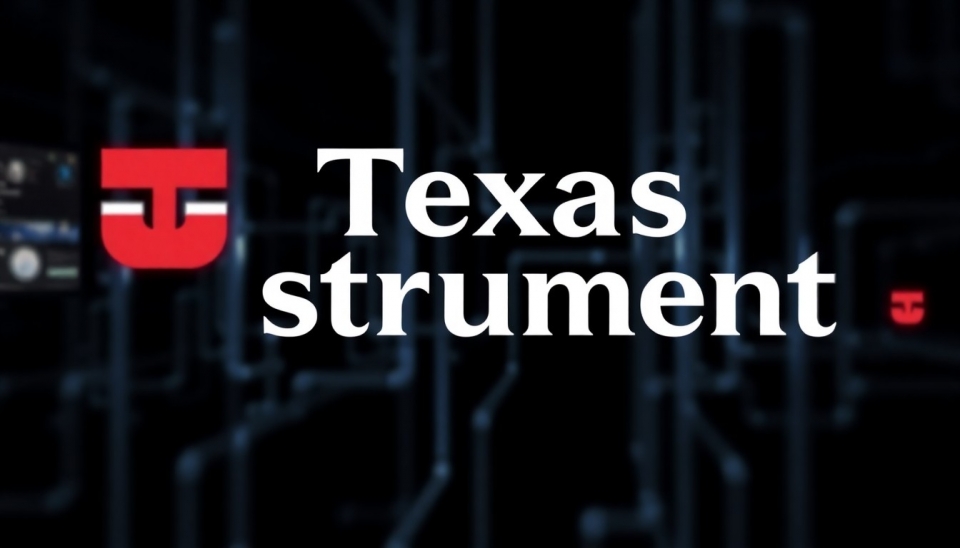In a significant boost to the manufacturing sector, the U.S. government has announced the extension of its $25 billion semiconductor tax credit program, which will now also include benefits for solar wafers. This initiative aims to stimulate domestic production in both the semiconductor and renewable energy sectors, addressing critical supply chain challenges while promoting greener energy solutions.
The extended tax credit is expected to play a pivotal role in bolstering the production of essential components for electric and solar technologies. Industry analysts believe that this move will help the U.S. maintain its competitive edge in the global tech race, particularly as demand for chips and solar energy components continues to surge. The program's reach is projected to extend to various manufacturers, encouraging a robust investment in domestic production capabilities.
Key players in the semiconductor industry, including major chip manufacturers, have welcomed the news, viewing it as a much-needed financial incentive to ramp up production capabilities. This extension aligns with the Biden administration's goals to not only mitigate dependency on foreign suppliers but also create jobs and foster innovation in high-tech industries.
In conjunction with this announcement, the government has laid out specific eligibility criteria for companies looking to benefit from the tax credit. Manufacturers involved in the production of both traditional semiconductor components and advanced solar wafers will be eligible. This indicates a significant policy shift aimed at connecting renewable energy advances with conventional semiconductor production, creating a more interconnected and resilient manufacturing base.
The U.S. is facing increasing pressure to enhance its semiconductor manufacturing capabilities, particularly in light of global shortages and geopolitical tensions influencing supply chains. With this tax incentive structured as part of wider economic policies, it shows an understanding that production agility in these sectors is critical for technological sovereignty.
Furthermore, the decision to include solar wafers in the tax credit underscores the government’s commitment to transitioning towards renewable energy sources, particularly as the world aims for climate neutrality. This dual focus presents an opportunity for manufacturers to pivot towards sustainable production practices while remaining profitable.
Market reactions to the announcement have been positive, with stock prices for major semiconductor and solar wafer companies seeing an uptick. Investors are keenly aware of the long-term benefits that such incentives can yield, particularly in the current economic climate where sustainability and technology are at the forefront of strategic planning for many corporations.
As the U.S. government embarks on this expansive initiative, it signals a proactive approach to shaping the future of technology and energy. The semiconductor tax credit extension is not just a financial incentive; it represents a comprehensive strategy aimed at establishing the United States as a leader in both semiconductor innovation and renewable energy solutions.
This pivotal policy move is expected to bring substantial changes to the landscape of the semiconductor supply chain and the renewable energy sector over the coming years, providing a path forward for economic growth and technological advancement.
With the application period set to open soon, industry stakeholders are eager to see how this initiative transforms the operational landscape, providing critical support for companies ready to scale their production capacities in alignment with national interests.
For those looking to stay abreast of developments in this area, the coming months promise to reveal much about how effectively these tax credits can drive innovation and production in the U.S.
#semiconductor #taxcredit #renewableenergy #solarwafers #manufacturing #sustainability #finance #innovation
Author: Emily Collins



